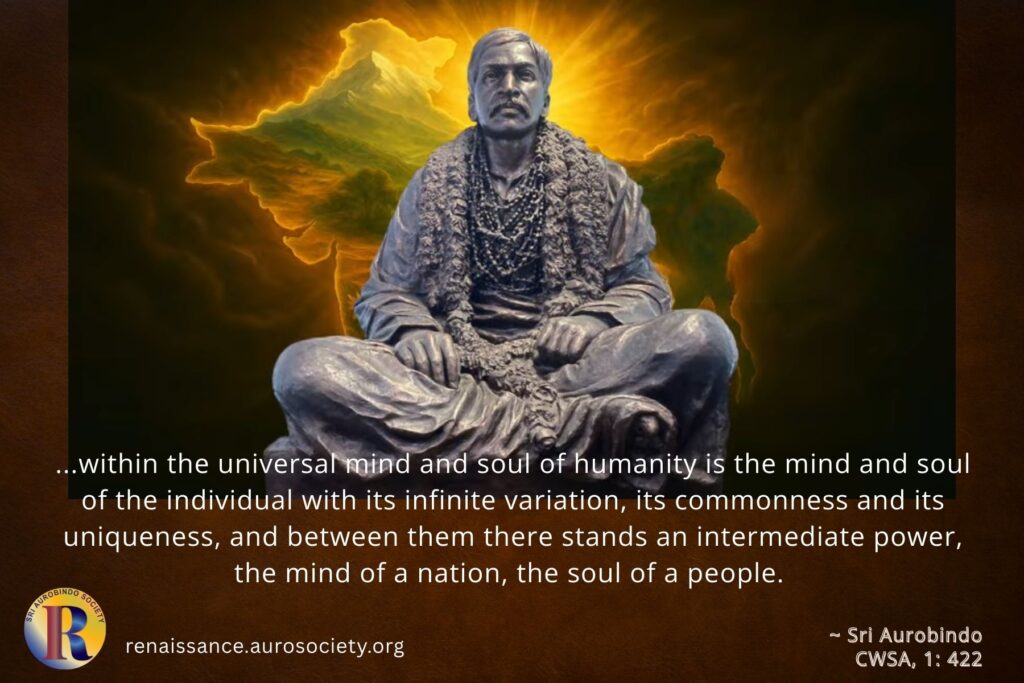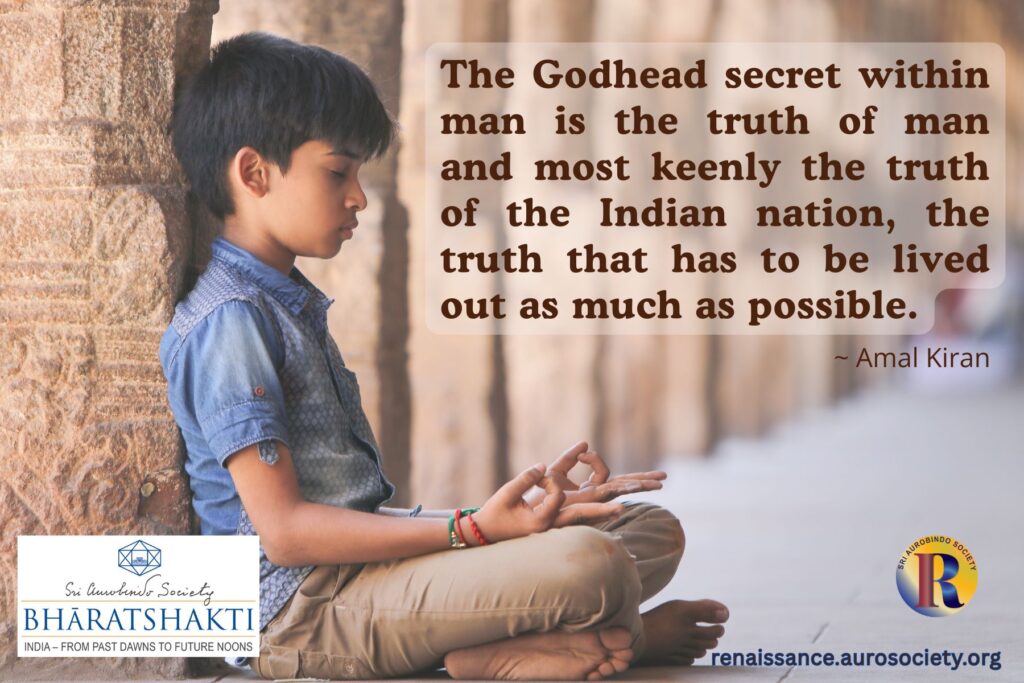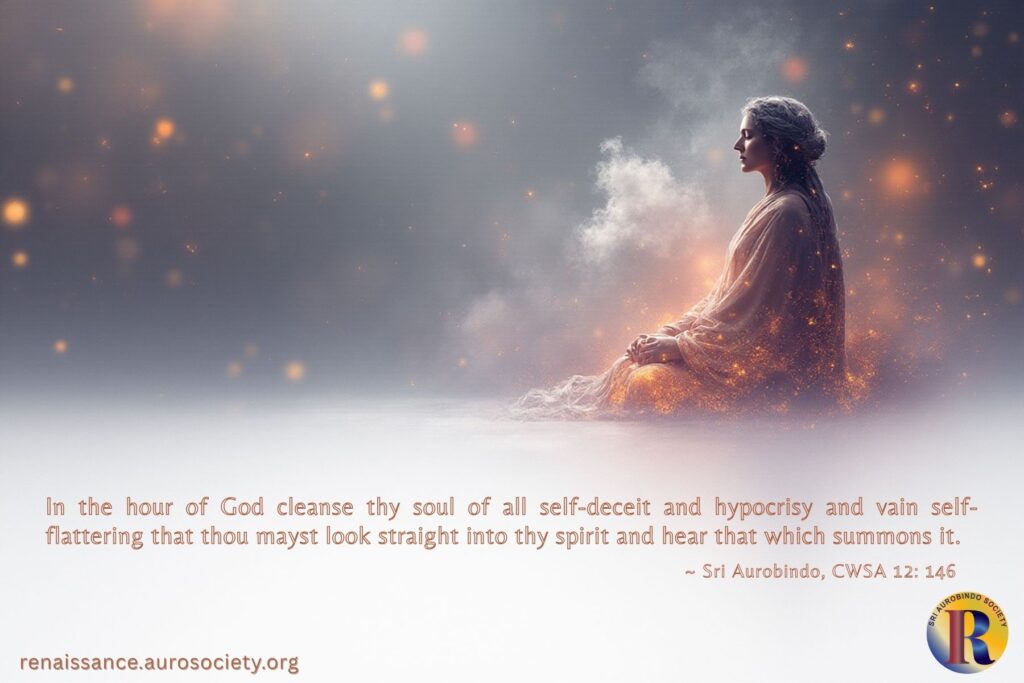Volume VI, Issue 9
Video: Suhas Mehra
Editor’s Note: Sri Aurobindo’s vision for a new India necessitates a real grounding in the innate civilisational genius that made ancient India abundantly rich in all spheres – spiritual, intellectual and material. The Veda is the spiritual and psychological seed of Indian culture. The Upanishads are the expression of the truth of highest spiritual knowledge and experience that has always been the supreme idea of Indian culture and the ultimate objective to which it directed the life of the individual and the aspiration of the soul of the people.
Sri Aurobindo speaks of the Upanishads as the supreme work of the Indian mind, the highest self-expression of its genius, its sublimest poetry, its greatest creation of the thought and word. But what made the age of Upanishads possible? Watch a video featuring Sri Aurobindo’s awe-inspiring response to this question. The featured passage is excerpted from one of his essays on Indian Literature.
Are we inspired by Sri Aurobindo’s words to cultivate within such a “passion for highest knowledge”?

WATCH

READ
There is in some of the prose Upanishads another element of vivid narrative and tradition which restores for us though only in brief glimpses the picture of that extraordinary stir and movement of spiritual enquiry and passion for the highest knowledge which made the Upanishads possible.
The scenes of the old world live before us in a few pages, the sages sitting in their groves ready to test and teach the comer, princes and learned Brahmins and great landed nobles going about in search of knowledge, the king’s son in his chariot and the illegitimate son of the servant-girl, seeking any man who might carry in himself the thought of light and the word of revelation, the typical figures and personalities, Janaka and the subtle mind of Ajatashatru, Raikwa of the cart, Yajnavalkya militant for truth, calm and ironic, taking to himself with both hands without attachment worldly possessions and spiritual riches and casting at last all his wealth behind to wander forth as a houseless ascetic, Krishna son of Devaki who heard a single word of the Rishi Ghora and knew at once the Eternal, the ashramas, the courts of kings who were also spiritual discoverers and thinkers, the great sacrificial assemblies where the sages met and compared their knowledge.
And we see how the soul of India was born and how arose this great birth-song in which it soared from its earth into the supreme empyrean of the spirit. The Vedas and the Upanishads are not only the sufficient fountain-head of Indian philosophy and religion, but of all Indian art, poetry and literature.
ALSO WATCH
We bow to you, Sri Aurobindo, O Sun of the New Age, Bringer of the New Light!
It was the soul, the temperament, the ideal mind formed and expressed in them which later carved out the great philosophies, built the structure of the Dharma, recorded its heroic youth in the Mahabharata and Ramayana, intellectualised indefatigably in the classical times of the ripeness of its manhood, threw out so many original intuitions in science, created so rich a glow of aesthetic and vital and sensuous experience, renewed its spiritual and psychic experience in Tantra and Purana, flung itself into grandeur and beauty of line and colour, hewed and cast its thought and vision in stone and bronze, poured itself into new channels of self-expression in the later tongues and now after eclipse reemerges always the same in difference and ready for a new life and a new creation.
~ Sri Aurobindo, CWSA, 20: 340-341



